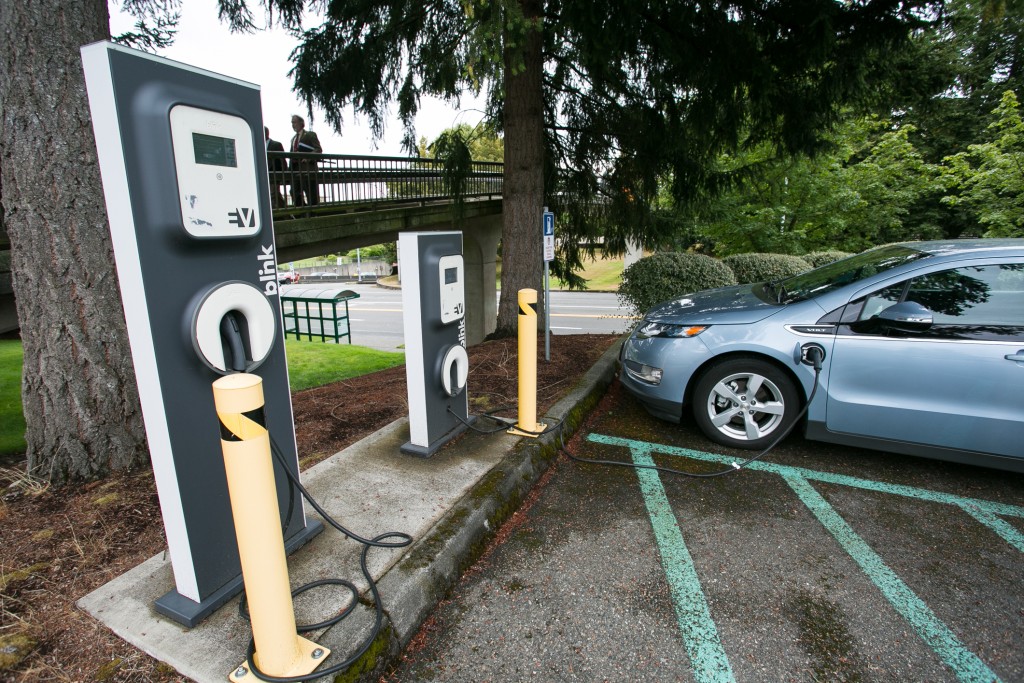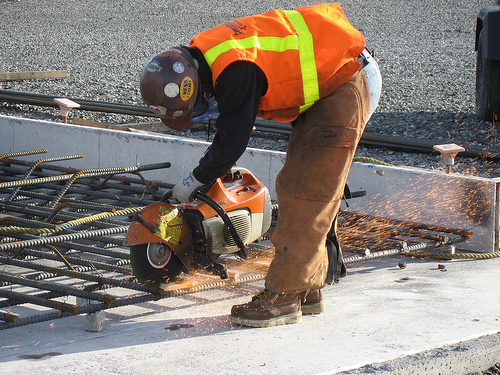Dear neighbors,
The end of the 2021 session is scheduled for April 26, so we are in the home stretch and legislation is moving fast.
Both the House and Senate have released proposals for all three budgets—operating, transportation, and capital.
You learned about our Washington Recovery Budget from Speaker Laurie Jinkins earlier. Today, I’d like to tell you about what’s happening with transportation.
A transportation budget that keeps Washington moving
Last year, the transportation budget was in a terrible fiscal position because of three financial problems: revenue losses from the COVID pandemic, the pending Initiative 976 case, and the need to fund fish passages. The financial situation became bad enough that the governor put projects on pause in the middle of construction season.
Today, we’re in a much better financial position. The state Supreme Court rejected I-976 and the federal aid package includes $800 million in transportation funding for our state.
The new two-year budget (House Bill 1135) is designed to adapt to those changing conditions.
The new budget proposed by Fey would invest in green transportation initiatives, major construction projects, and policy reforms to boost equity and opportunity.
While the short-term financial picture for transportation is better, we still face some long-term challenges remain. Gas tax revenues continue to decline as people switch to cars that get better gas mileage—or are electric—while our state population continues to grow and put stress on our transportation system.
The 2021-23 budget proposed by House Democrats takes projects off pause and continues the work of building a transportation system for the future, one that’s cleaner, more flexible, and offers more options that fit how you want to travel.
The budget would spend $9.447 billion in the first fiscal year and $10.933 billion in the second year.
Green transportation and electrification
- $152.5 million to continue work on the state’s first hybrid-electric ferry, an Olympus-class vessel with construction beginning the spring of 2022, and funding for the material needed for the second such vessel.
- $12 million for electric vehicle charging grants and alternative fuel refueling infrastructure.
- $15 million for green transportation capital grants to help transit agencies fund the projects needed to reduce carbon emissions and switch to electric vehicles or other zero-emission options.
Major construction projects and programs
- $726 million to fully fund fish passage barrier removals as proposed by the Department of Transportation and in compliance with the federal injunction. The proposal also funds efforts to complete inventories of culverts for cities and counties.
- $493 million for State Route 520 corridor improvements on the west end.
- $453 million for corridor widening and improvements on I-405 from Renton to Bellevue.
- $485 million for engineering, right-of-way acquisition, and early construction on the Puget Sound Gateway at State Route 167 and State Route 509.
- $101 million to expand the I-5 corridor through Joint Base Lewis-McChord.
- $194 million for continued work on US 395 in the North Spokane Corridor.
- $116 million to widen I-90 Snoqualmie Pass to Easton.
- $93 million for improvements to US 12 in the Walla Walla corridor.
- $505 million in capital funding for the state’s ferry system, including $100.2 million for Colman Dock preservation, $110.4 million in preservation work for the ferry fleet, and $68.5 million to preserve terminal buildings around the Puget Sound.
- $38.3 million for Safe Routes to Schools, double the previous funding.
Equity and opportunity
- $6 million to increase diversity in the transportation construction workforce through the Pre-Apprenticeship Support Services (PASS) program and assistance to minority- and women-owned contractors.
- $2 million to the Office of Minority and Women’s Business Enterprises to increase the number of certified women- and minority-owned contractors outside the Puget Sound area.
- $950,000 to support the ability of foster and homeless youth to obtain their driver’s license and car insurance, helping them overcome barriers to higher education and job opportunities.
Miles Ahead Washington

The two-year transportation budget isn’t enough to keep up with our state’s growing population and transportation needs.
My fellow lawmakers and I held nearly 90 listening sessions across the state about transportation challenges and solutions.
This week, I’ll introduce our Accelerate Washington proposal to make long-overdue investments in our transportation system and reforms to help make the switch to more sustainable options.
Priorities in the Accelerate Washington plan include maintenance and preservation, investing in frontline communities, supporting economic recovery, aggressive carbon reduction, and living up to our commitments, including the restoration of fish passages.
Because everybody deserves a voice, our proposal gives people from underserved communities a place on state boards that determine projects and policies. Our plan also helps women and minority-owned businesses obtain the certifications needed to qualify for transportation project contracts.
Finally, the plan makes significant new investments including new funding for highways, ferries, culverts, and carbon reduction.
The House Transportation Committee will hold a hearing this Thursday on our Accelerate Washington plan.
What’s next
Soon, the House will vote on the transportation budget, operating budget, and capital budget. Over in the Senate, they’re also scheduling votes on the three budgets.
Negotiations between the House and Senate will begin on those budgets, along with any differences on bills that passed both chambers with amendments.
I’ll keep you updated about details that will matter to all of our families and neighborhoods here in the 27th District.
Thank you for reading—and I hope to see you in person after session ends, when we’re all vaccinated and the pandemic is behind us!


